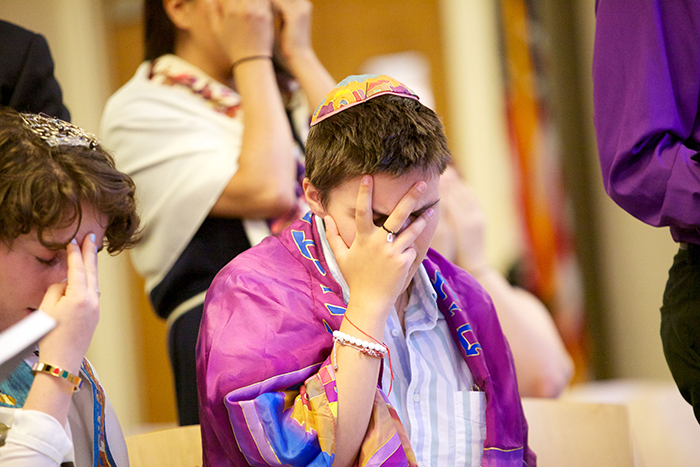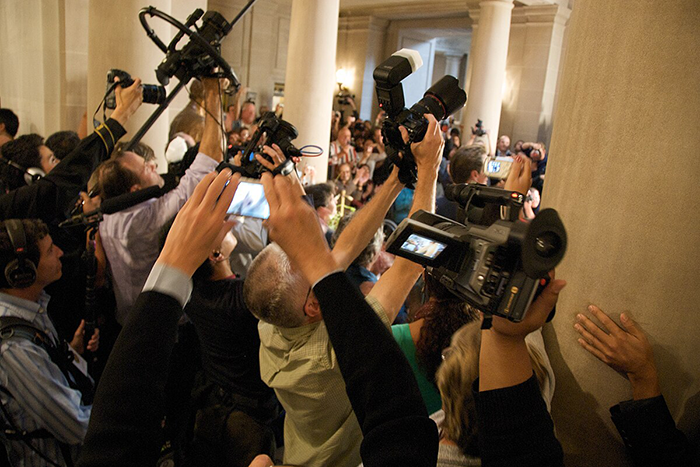"Who Don’t Hear, Will Feel"
The title of the parashah, "Eikev," is often translated as “because.” The first thing I thought of upon reading this title was the response that adults give to children when asked why children are expected to perform some action or duty related to safety or necessity.








